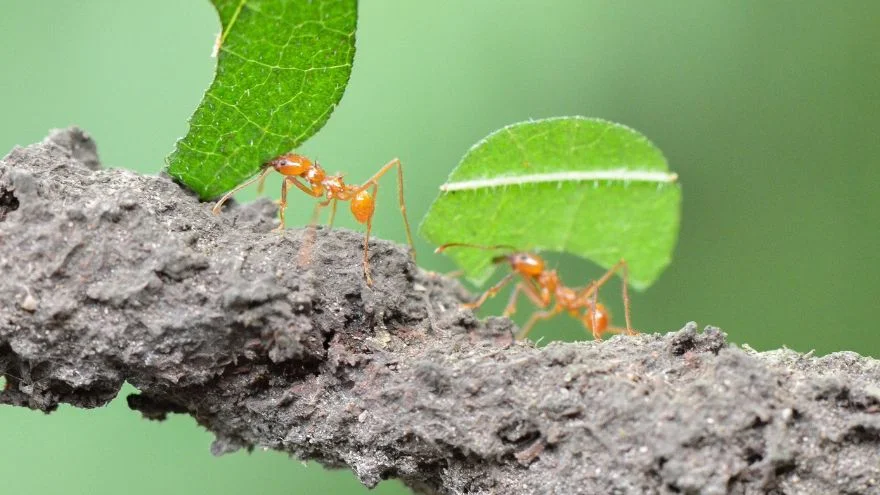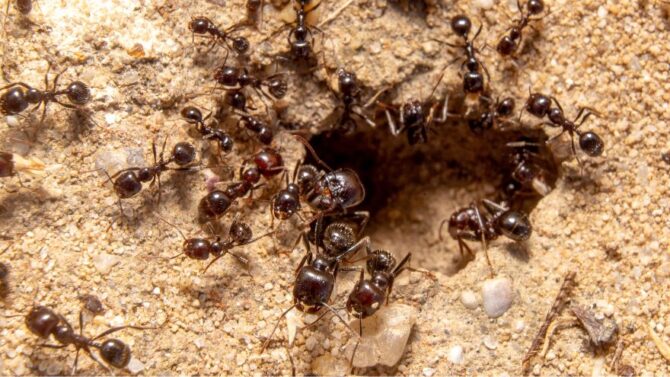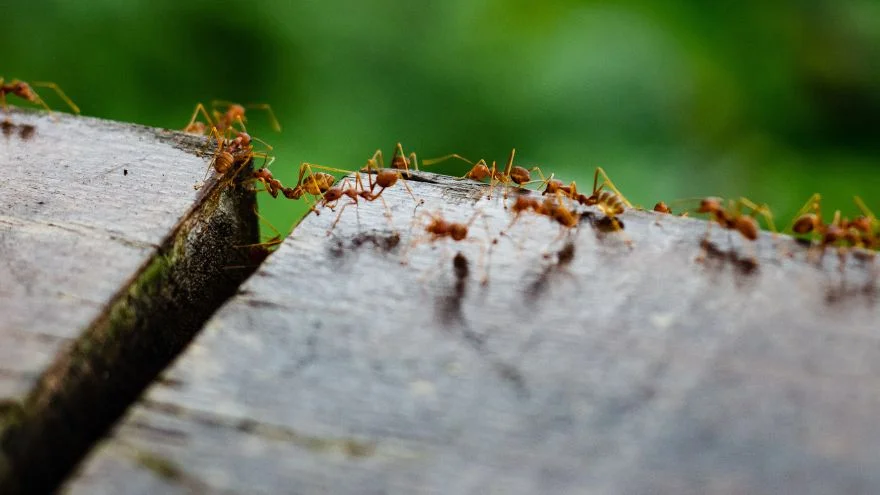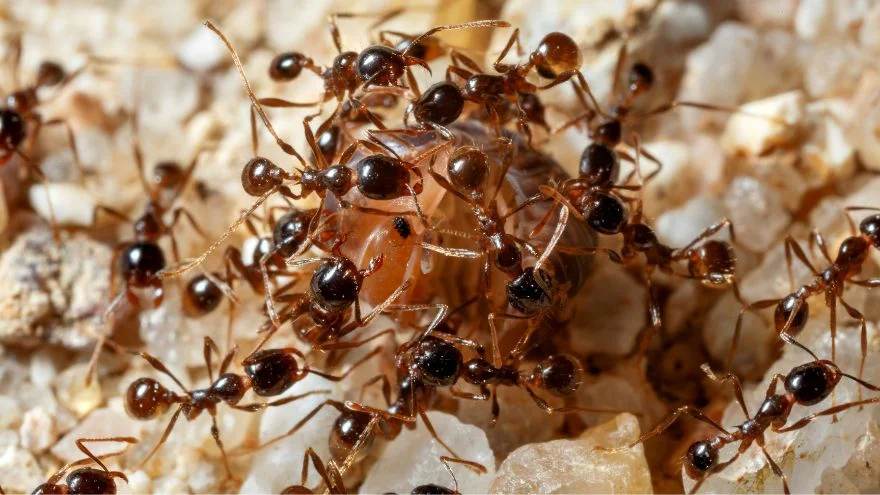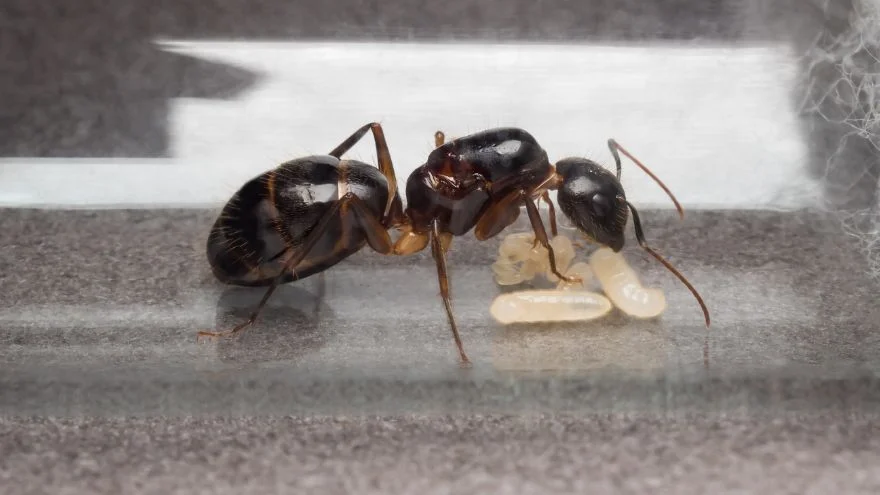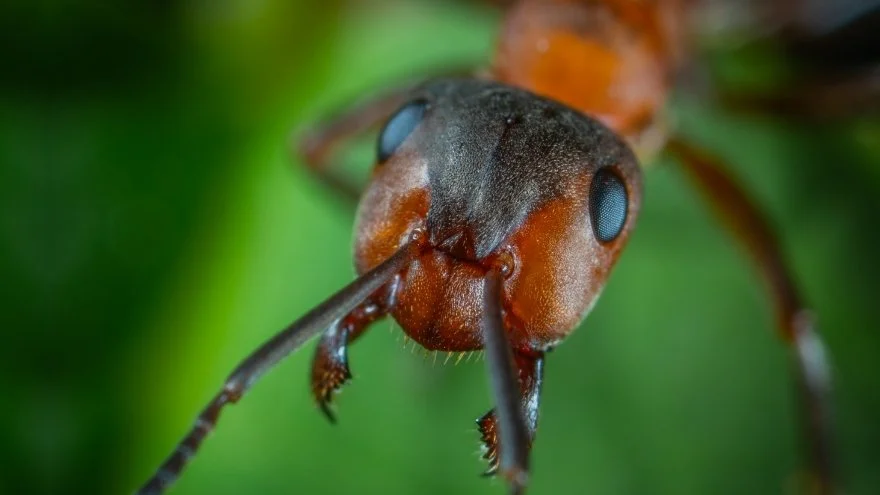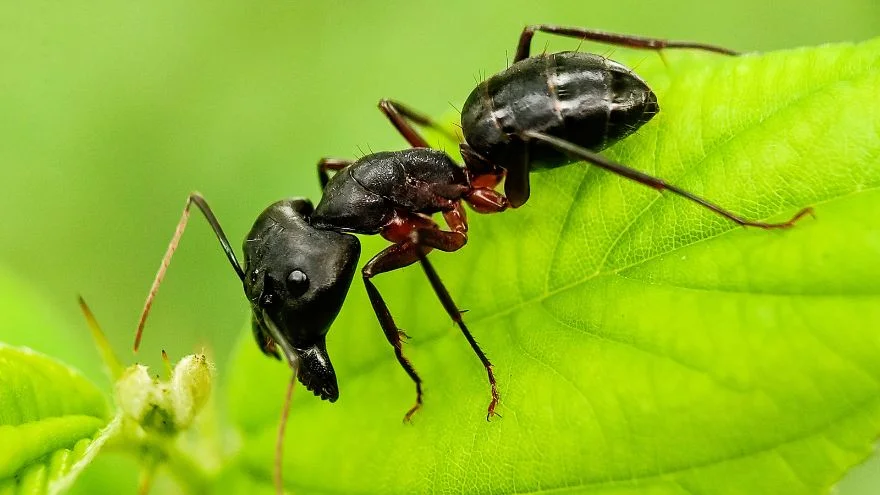Watching a colony of ants working collectively and doing incredible things, you may wonder how their brain works?
Even more, do ants have brains like humans and other animals?
Yes, ants have brains. Although theirs is much smaller and simpler than the ones in humans, they can still do basic things like communicating, foraging for food, avoiding predators, etc.
Ants have brain cells, about 344,000 times less than that of humans, but that doesn’t make them join the list of the dumbest animals in the world.
These tiny creatures are among the most intelligent insects to grace our planet.
The combined brain of a colony of ants is as large as several mammals’ brains. Scientists have also theorized that an entire ant colony may have feelings.
But what about an individual ant? Does size influence how its brain functions? Are ants smart? Continue reading to get answers and learn more.
Do Ants Have Brains?
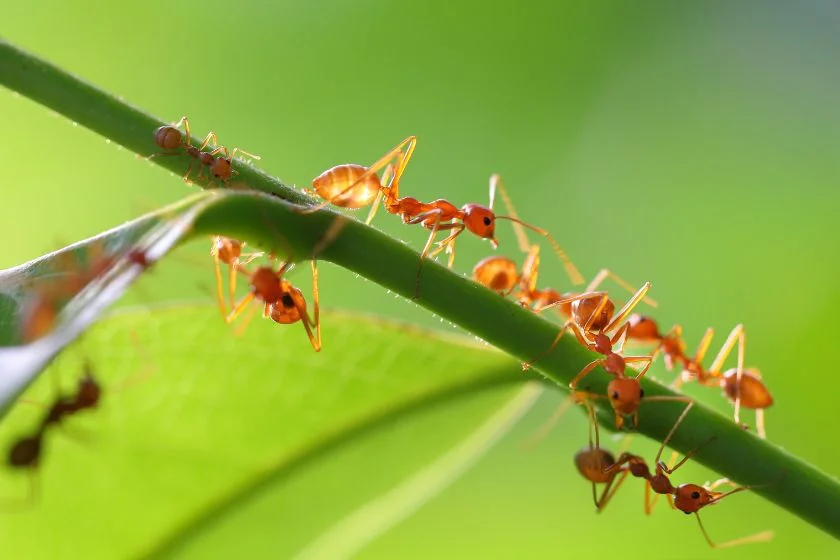
Ants have brains, though theirs is much smaller than ours. An ant’s brain has about 250,000 neurons compared to humans with billions.
These insects might lack the complex human brain structure; however, ant colonies collectively possess brains as large as that of most mammals.
They can also demonstrate intelligent behaviors like communication, foraging, courtship, caring for their young, avoiding predators, navigating long distances, etc.
Understanding The Ants Brain And Functions
The brain is the most complex organ of an animal’s body and a vital part of the central nervous system (CNS).
It is responsible for initiating body movements, controlling behaviors, regulating the body, sending and receiving chemical and electrical signals to other body parts, and interpreting them.
While the brain is an integral part of most animals’ anatomy, some don’t have brains. However, they usually possess nerve clusters that act like brains around their bodies.
For different animals, the type, size, and design of brains greatly vary.
Insects have other organs that act like mini-brains. The nerve clusters and series of ganglia in insects perform functions similar to brains.
They have a “main brain,” but its structure is quite different and simpler than mammals’ brains.
An ant’s brain is located in its head and connected to other organs and muscles via nerves and the series of ganglia located down its body.
Generally, all ants possess a relatively large brain. However, the brain sizes and structure varies by ant species and casts.
What Do Ants Use Their Brains For?
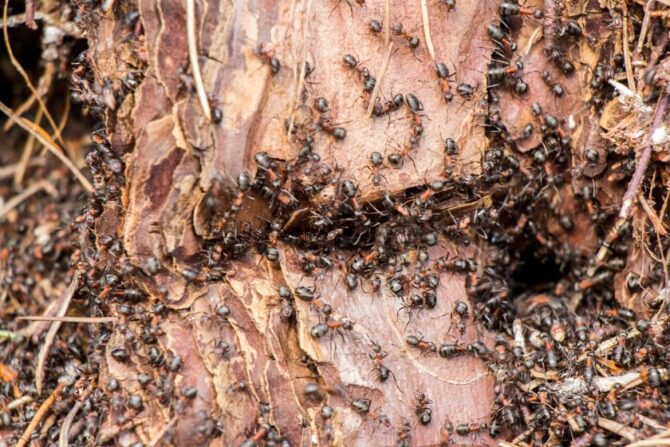
Ants use their brains for some important tasks like:
- Vision
- Memory
- Movement
- Sound
- Brain manipulation
- Antenna senses
Are Ants Intelligent?
Individually, ants are not very intelligent. Their smartness is just like every other insect, but if we consider a whole colony, they collectively have an interestingly high IQ.
Still, individual ants are not dumb since they can make decisions alone. However, when it’s the whole colony making decisions, be sure that it will be more successful.
Considering that the collective work of an ant colony produces a highly complex result, many believe that individual ants are like brain cells, while the colony is the brain. “More is better” summarizes this analogy.
What is Hive Mind and Collective Intelligence Theory?
A hive mind, also known as hive mentality or groupthink, is when an individual can’t correctly make decisions independently but would be open to group decision-making. They always base their decisions on what a group thinks.
Swarms of bees follow the hive mind theory as they always make decisions as a group.
A bee will bring a suggestion, and the rest will vote on it through waggle dances.
Contrary to what most people think, science tells us that ants can make decisions individually.
No one dictates what to do in the colony, but individual ants are not exactly bright and intelligent.
However, ants make fantastic and smart decisions when they operate collectively (as a colony). This collective intelligence in these insects accounts for their highly complex behaviors.
Do Ants Have Feelings?
An entire ant colony may have feelings, but not individually. Ants have different nervous systems, and their brain lacks parts responsible for complex emotional responses. Hence, they don’t show complicated emotions.
However, ants can perceive and differentiate unpleasant things from the ones they like with their sense of smell using their antennae. This is why ants don’t feel pain when you squish them.
Is An Ant’s Brain Bigger Than Its Body?
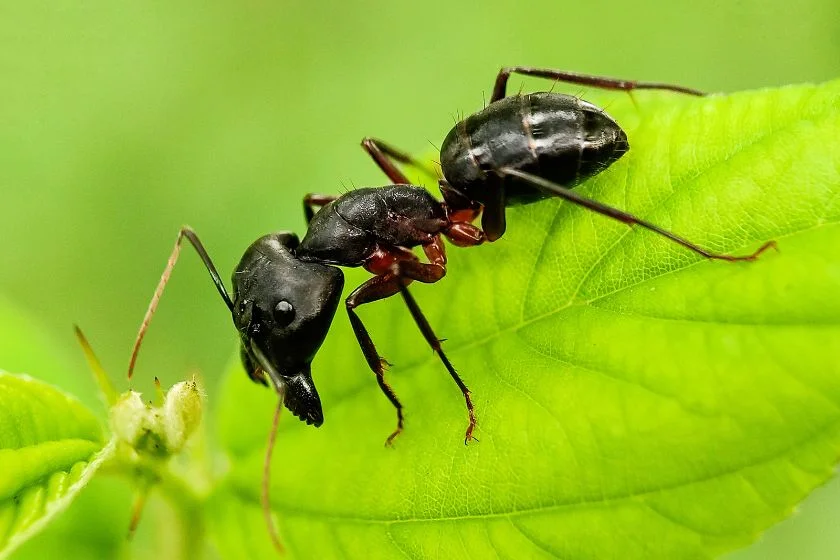
An ant’s brain has to be smaller than it is to fit in its body. Their brain-to-body ratio is about 1:7.
A study done at the University of Zurich on Brain allometry in ants shows that the allometric brain-body size is smaller in ants than in vertebrates.
What this implies is that ants have brains somewhat smaller as compared to their body sizes.
Summary
Although theirs are much smaller than ours, ants have brains and other vital organs that help their body function.
An individual ant is not intelligent, but in a colony, through collective intelligence, they operate and do incredible things.
You May Also Like:
